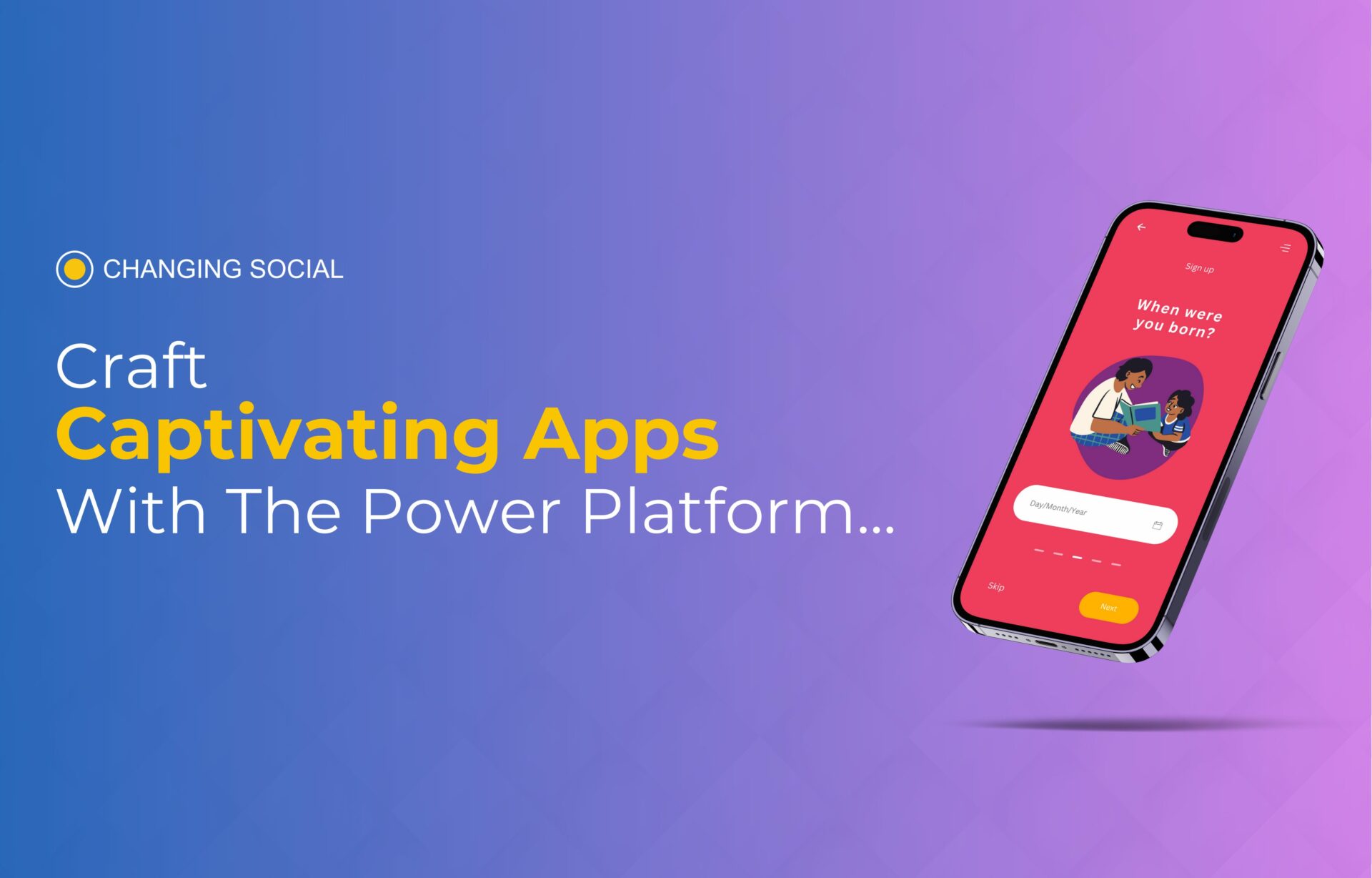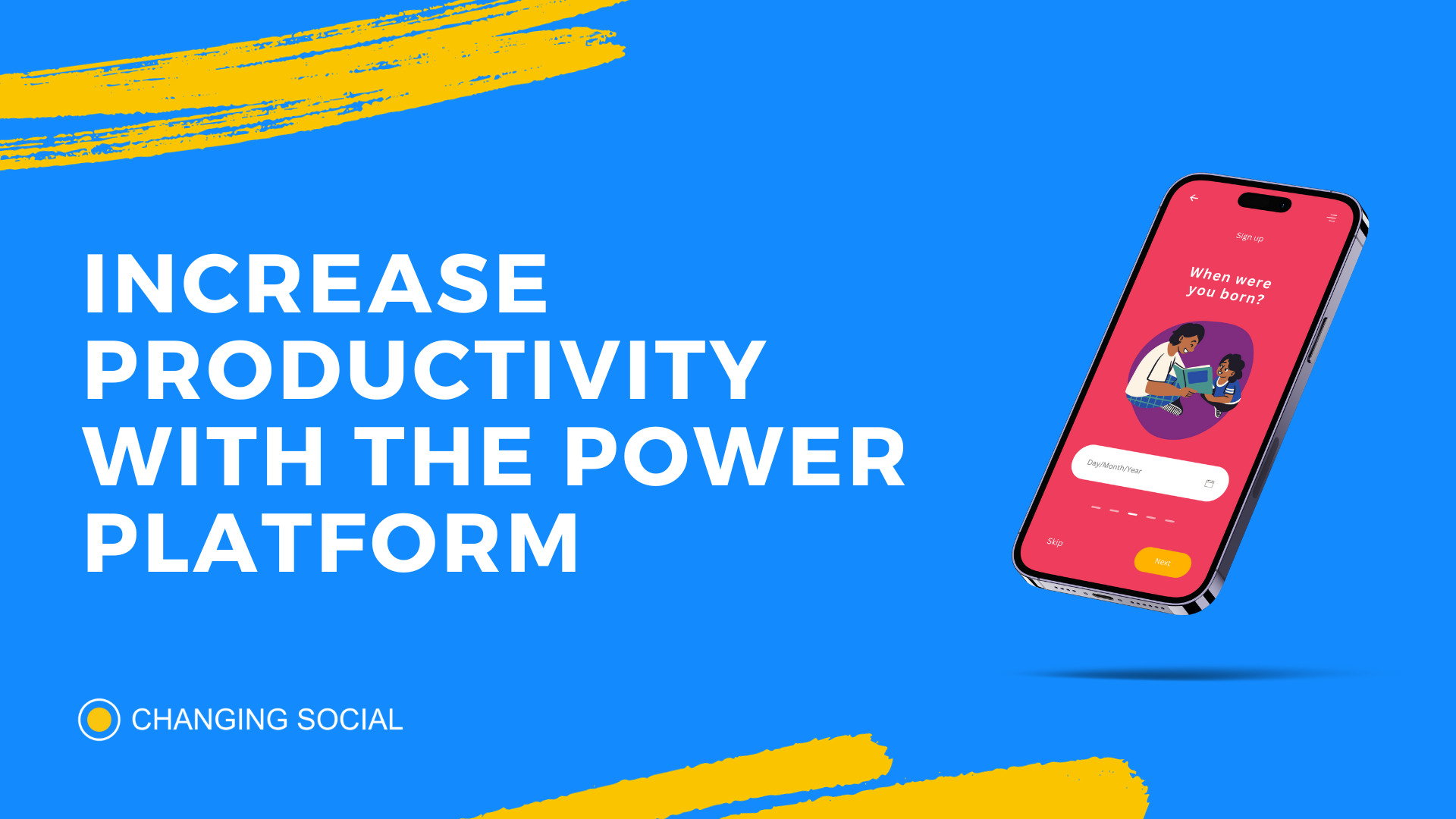RemoteIoT platform tutorial offers a deep dive into one of the most innovative technologies shaping our world today. The Internet of Things (IoT) has revolutionized industries, from manufacturing to healthcare, and RemoteIoT is at the forefront of this transformation. This platform empowers developers and businesses to create robust, scalable, and secure IoT solutions with ease.
In this comprehensive guide, we will explore everything you need to know about RemoteIoT, including its features, applications, and how to get started. Whether you're a beginner or an experienced developer, this tutorial will equip you with the knowledge and tools to harness the full potential of IoT technology.
From setting up your first project to troubleshooting common issues, this article covers all aspects of RemoteIoT. By the end of this tutorial, you'll have a solid understanding of how to leverage this platform for your IoT projects. Let's dive in!
Read also:Download Ullu Web Series Your Ultimate Guide To Streaming And Downloading
Table of Contents
- Introduction to RemoteIoT Platform
- Getting Started with RemoteIoT
- Key Features of RemoteIoT Platform
- RemoteIoT Architecture Overview
- Setting Up Your First RemoteIoT Project
- Advanced Features of RemoteIoT
- Best Practices for Using RemoteIoT
- Troubleshooting Common Issues
- Real-World Applications of RemoteIoT
- Conclusion and Next Steps
Introduction to RemoteIoT Platform
The RemoteIoT platform is a cutting-edge solution designed to simplify the development and management of IoT projects. It provides a comprehensive suite of tools and resources that enable developers to build, deploy, and monitor IoT applications efficiently. With its user-friendly interface and robust capabilities, RemoteIoT has become a go-to platform for businesses looking to harness the power of IoT technology.
What Makes RemoteIoT Unique?
RemoteIoT stands out from other IoT platforms due to its focus on simplicity, scalability, and security. It offers a wide range of features that cater to both beginners and advanced users, making it an ideal choice for a variety of IoT applications. Some of the key aspects that make RemoteIoT unique include:
- Easy Integration: RemoteIoT seamlessly integrates with a variety of hardware and software systems, ensuring compatibility across different devices and platforms.
- Scalable Solutions: Whether you're working on a small-scale project or a large enterprise solution, RemoteIoT can scale to meet your needs.
- Enhanced Security: With built-in security features, RemoteIoT ensures that your data and devices are protected from potential threats.
Getting Started with RemoteIoT
Before diving into the specifics of RemoteIoT, it's important to familiarize yourself with the basics. This section will guide you through the initial setup process and provide an overview of the platform's main components.
Step-by-Step Guide to Getting Started
Follow these steps to get started with RemoteIoT:
- Create an Account: Sign up for a RemoteIoT account on their official website. This will give you access to the platform's features and resources.
- Install the SDK: Download and install the RemoteIoT Software Development Kit (SDK) on your development machine.
- Set Up Your First Project: Use the platform's intuitive interface to create your first IoT project. You can choose from a variety of templates or start from scratch.
Key Features of RemoteIoT Platform
RemoteIoT offers a wide range of features that make it a powerful tool for IoT development. Below are some of the most notable features:
Device Management
RemoteIoT's device management capabilities allow you to monitor and control connected devices from a centralized dashboard. This feature ensures that all your devices are functioning optimally and provides real-time insights into their performance.
Read also:Jill Marie Degroff The Queen Of Cocktail Culture
Data Analytics
With advanced data analytics tools, RemoteIoT helps you make sense of the vast amounts of data generated by your IoT devices. You can visualize trends, identify patterns, and gain valuable insights to improve your operations.
RemoteIoT Architecture Overview
Understanding the architecture of RemoteIoT is essential for maximizing its potential. The platform follows a modular design, allowing for flexibility and customization. It consists of several key components, including:
- Cloud Services: RemoteIoT leverages cloud computing to provide scalable and reliable services for IoT applications.
- Edge Computing: By incorporating edge computing capabilities, RemoteIoT ensures low latency and efficient data processing at the device level.
- APIs and SDKs: RemoteIoT provides a comprehensive set of APIs and SDKs that enable seamless integration with third-party systems and applications.
Setting Up Your First RemoteIoT Project
Now that you have a basic understanding of RemoteIoT, it's time to set up your first project. This section will walk you through the process step by step.
Choosing a Template
RemoteIoT offers a variety of project templates to choose from, depending on your specific needs. Whether you're building a smart home system or a wearable device, there's a template that suits your requirements.
Configuring Your Devices
Once you've selected a template, the next step is to configure your devices. This involves connecting your hardware to the platform and setting up the necessary parameters for communication.
Advanced Features of RemoteIoT
For those looking to take their IoT projects to the next level, RemoteIoT offers several advanced features. These include:
Machine Learning Integration
RemoteIoT supports machine learning models that can be deployed directly on IoT devices. This enables predictive analytics and intelligent decision-making at the edge.
Customizable Dashboards
Create personalized dashboards to monitor and manage your IoT projects. With drag-and-drop functionality, you can customize your dashboard to display the most relevant information for your needs.
Best Practices for Using RemoteIoT
To ensure the success of your IoT projects, it's important to follow best practices when using RemoteIoT. Here are some tips to keep in mind:
- Plan Ahead: Clearly define your project goals and requirements before starting development.
- Test Thoroughly: Conduct rigorous testing to ensure that your IoT devices and applications function as expected.
- Stay Updated: Regularly update your RemoteIoT software and firmware to take advantage of the latest features and security enhancements.
Troubleshooting Common Issues
Like any technology, RemoteIoT may encounter issues from time to time. Here are some common problems and their solutions:
Connection Problems
If you're experiencing connection issues, check the following:
- Ensure that your devices are properly connected to the network.
- Verify that the RemoteIoT platform is accessible and functioning correctly.
Real-World Applications of RemoteIoT
RemoteIoT has been successfully implemented in a variety of industries. Some notable applications include:
Smart Agriculture
RemoteIoT is used in smart agriculture to monitor soil moisture levels, weather conditions, and crop health. This helps farmers optimize their operations and increase yields.
Industrial Automation
In the manufacturing sector, RemoteIoT enables real-time monitoring of production lines and equipment. This leads to improved efficiency and reduced downtime.
Conclusion and Next Steps
This comprehensive RemoteIoT platform tutorial has provided an in-depth look at one of the most innovative IoT solutions available today. From its key features and architecture to real-world applications, we've explored all aspects of RemoteIoT to help you make the most of this powerful platform.
Now that you have a solid understanding of RemoteIoT, it's time to take action. Start by setting up your first project and experimenting with the platform's capabilities. Don't forget to share your experience with others and explore additional resources to further enhance your IoT skills.
We invite you to leave a comment below with your thoughts and questions about RemoteIoT. Additionally, feel free to explore other articles on our site for more insights into IoT technology and its applications.
References:

